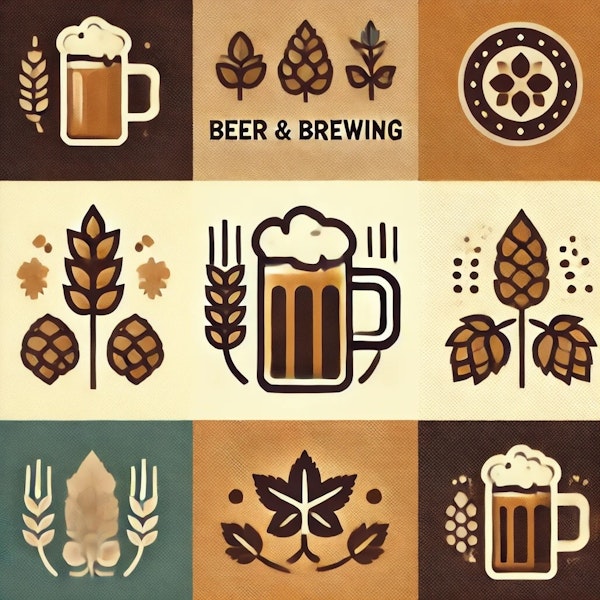
Featuring hot stones in the mash, juniper, bog myrtle, and some smoke, this strong farmhouse ale may resemble what the commoners of eastern Norway brewed to celebrate Yule during the Viking Age.
From the Viking Age to the first Christmases until today, the ancient Yule customs demand the best food and beer you can provide—and it’s not all for the living. So, what did they brew and pour for the spirits and the dead?
Technically, kvass isn’t beer—but it’s delicious, fermented, easy to make, and a long-standing tradition in Eastern Europe.
The idea that “all beer used to be smoky” doesn’t quite hold up, even if smoky malt must have been common in many places. Smokeheads, meanwhile, can tell you another possibility: The beer was smoky because people liked it that way.
How much time you got? Time enough, maybe, to consider Sweden’s exceedingly rare, little-known hundred-year beer—a solera-method manorial ale that can keep going for as long as you’re dedicated to the care and feeding of the family barrel.
Typically, gammeltøl was brewed in March for drinking in the autumn, but the Danish tradition of brewing this strong, smoky raw ale has virtually died out. You can help revive it.
Unlike many other farmhouse brewing traditions, sahti is relatively well known and widely produced in its homeland. In the wider beer world, however, it’s frequently misunderstood.
Dark, smoky, and well-hopped, yet low in strength, “ship’s beer” was the daily ration of Danish sailors in the 18th and 19th centuries—and it hasn’t completely disappeared. From written sources of that time, here’s what we know.
Real gotlandsdricke is little-known for the same reason it has survived: It’s from an isolated and pastoral island in the Baltic. Lars Marius Garshol sheds some light on this smoky, juniper-infused, hard-to-get farmhouse ale.
Long to mash and boil yet quick to ferment, these robust, juniper-tinged, barleywine-strength ales represent a farmhouse tradition worth celebrating—and you can raise a glass just a few days after brewing.